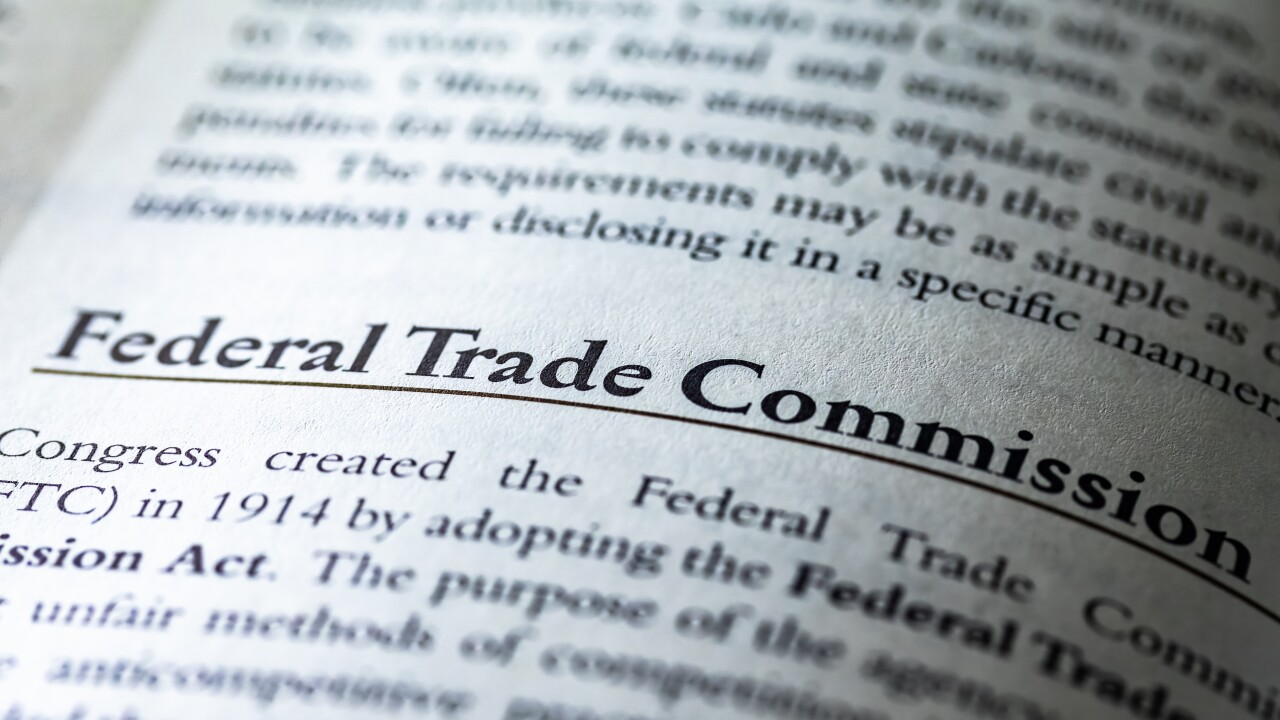Fannie Mae reported net income of $14.2 billion last year, a sharp decline from the record $84 billion in 2013 that was inflated by accounting for tax credits.
The U.S.-owned mortgage finance company will pay the Treasury Department $1.9 billion next month after posting a profit of $1.3 billion for the period ended Dec. 31, a 12th straight positive quarter, the company said in a regulatory filing Friday. The fourth-quarter gain compared with $6.5 billion in the same period a year earlier.
The profit decline was due largely to accounting treatment for billions of dollars in tax credits that were counted as assets in 2013 after having been written off following the 2008 credit crisis that led to the government's takeover.
"Fannie Mae had another strong year of financial performance," Chief Executive Officer Timothy J. Mayopoulos said in a statement. "We continued to manage our business effectively, put the legacy issues from the financial crisis behind us, and implement innovations to lead the industry toward a sustainable housing finance system."
The company's investments in derivatives were primarily responsible for about $2.5 billion of losses in the fourth quarter and $4.8 billion for the full year. The instruments, bought to hedge interest-rate risk in the company's investment portfolio, declined in value as rates dropped last year.
Washington-based Fannie Mae and smaller rival, McLean, Va.-based Freddie Mac, were seized by regulators in September 2008, just before the failure of Lehman Brothers Holdings Inc., amid losses that pushed them toward collapse. The companies, which provide liquidity to the mortgage market by buying loans and packaging them into guaranteed securities, have returned to profitability as the housing market recovered and they raised fees.
After its latest dividend payment, Fannie Mae will have sent the Treasury a total of $136.4 billion, about $20.3 billion more than the $116.1 billion taxpayer bailout it received. The company also counts an additional $1 billion in senior preferred stock the Treasury obtained in 2008 as part of its aid package.
The payments to Treasury, which include all of the company's quarterly profits, count as a return on the U.S. investment and not as a repayment of the taxpayer aid. Currently, there is no mechanism for Fannie Mae to exit government control.





